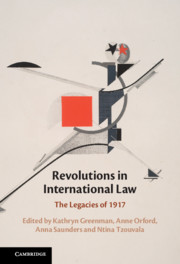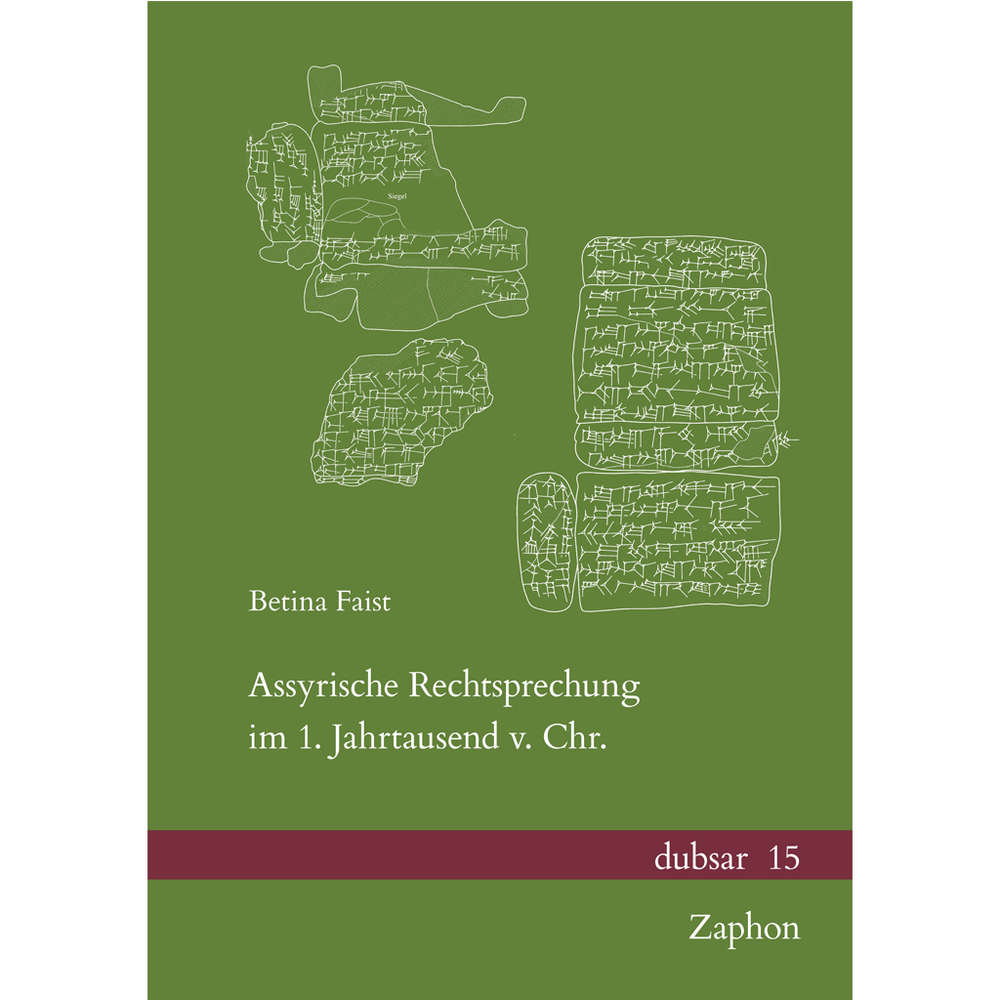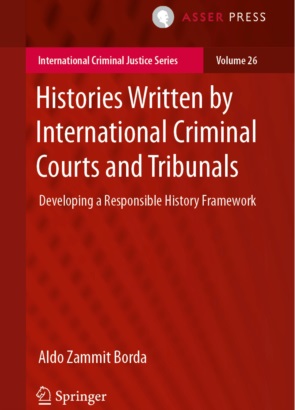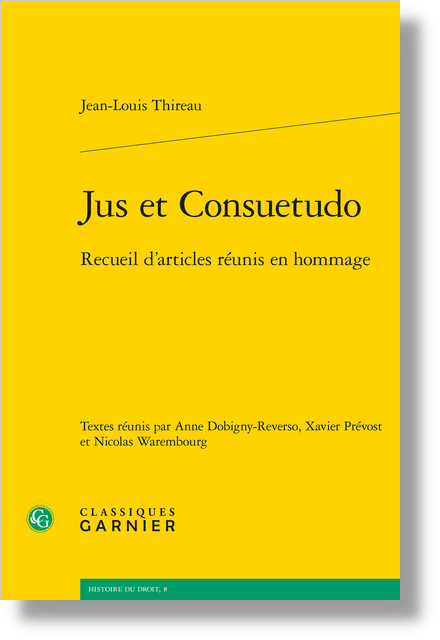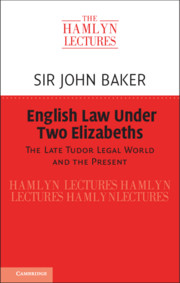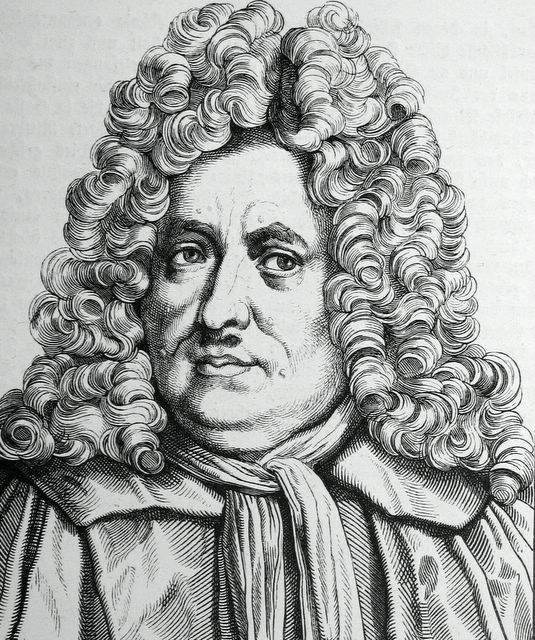CUP is publishing a new book on
the legacies of the 1917 revolution in international law.
ABOUT THE BOOK
In 1917, the October Revolution
and the adoption of the revolutionary Mexican Constitution shook the
foundations of the international order in profound, unprecedented and lasting
ways. These events posed fundamental challenges to international law,
unsettling foundational concepts of property, statehood and non-intervention,
and indeed the very nature of law itself. This collection asks what we might
learn about international law from analysing how its various sub-fields have
remembered, forgotten, imagined, incorporated, rejected or sought to manage the
revolutions of 1917. It shows that those revolutions had wide-ranging
repercussions for the development of laws relating to the use of force,
intervention, human rights, investment, alien protection and state
responsibility, and for the global economy subsequently enabled by
international law and overseen by international institutions. The varied
legacies of 1917 play an ongoing role in shaping political struggle in the form
of international law.
ABOUT THE EDITORS
Kathryn Greenman, University
of Technology, Sydney
Kathryn Greenman is Lecturer in the Faculty of Law, University of Technology,
Sydney.
Anne Orford, University
of Melbourne
Anne Orford is Redmond Barry Distinguished Professor and Michael D. Kirby Chair
of International Law at Melbourne Law School. Her publications include Reading
Humanitarian Intervention (2003), International Authority and the
Responsibility to Protect (2011), and Pensée Critique et Pratique du Droit
International (2020).
Anna Saunders, Harvard
Law School, Massachusetts
Anna Saunders is Frank Knox Memorial Fellow at Harvard Law School and a former
Teaching Fellow at Melbourne Law School.
Ntina Tzouvala, Australian
National University, Canberra
Ntina Tzouvala is a Senior Lecturer at the College of Law, Australian National
University. She is the author of Capitalism as Civilisation: A History of
International Law (2020).
TABLE OF CONTENTS
1. International law and
revolution:
1917 and beyond Kathryn Greenman,
Anne Orford, Ntina Tzouvala and Anna Saunders
Part I. Imperialism:
2. Looking eastwards: the
Bolshevik theory of imperialism and international law Ntina Tzouvala and Robert
Knox
3. Lenin at Nuremberg:
anti-imperialism and the juridification of crimes against humanity Amanda
Alexander
Part II. Institutions and Orders:
4. Excluding revolutionary
states: Mexico, Russia and the League of Nations Alison Duxbury
5. Law, class struggle and
nervous breakdowns Mai Taha
6. Microcosm: Soviet
constitutional internationality Scott Newton
7. Law and socialist revolution:
early Soviet legal theory and practice Owen Taylor
Part III. Intervention:
8. Intervention: sketches from
the scenes of the Mexican and Russian Revolutions Dino Kritsiotis
9. Mexican revolutionary
constituencies and the Latin American critique of US intervention Juan Pablo
Scarfi
10. Mexican post-revolutionary
foreign policy and the Spanish Civil War: legal struggles over intervention at
the League of Nations Fabia Fernandes Carvalho Veçoso
Part IV. Investment:
11. 1917: property, revolution
and rejection in international law Kate Miles
12. 1917 and its implications for
the law of expropriation Daria Davitti
13. Contestations over legal
authority: the Lena Goldfields Arbitration 1930 Andrea Leiter
14. The Mexican Revolution: alien
protection and international economic order Kathryn Greenman
Part V. Rights:
15. 'Animated by the European
spirit': European human rights as counterrevolutionary legality Anna Saunders
16. Human Rights, revolution and
the 'good society': the Soviet Union and the Universal Declaration of Human
Rights Jessica Whyte.
More info here

